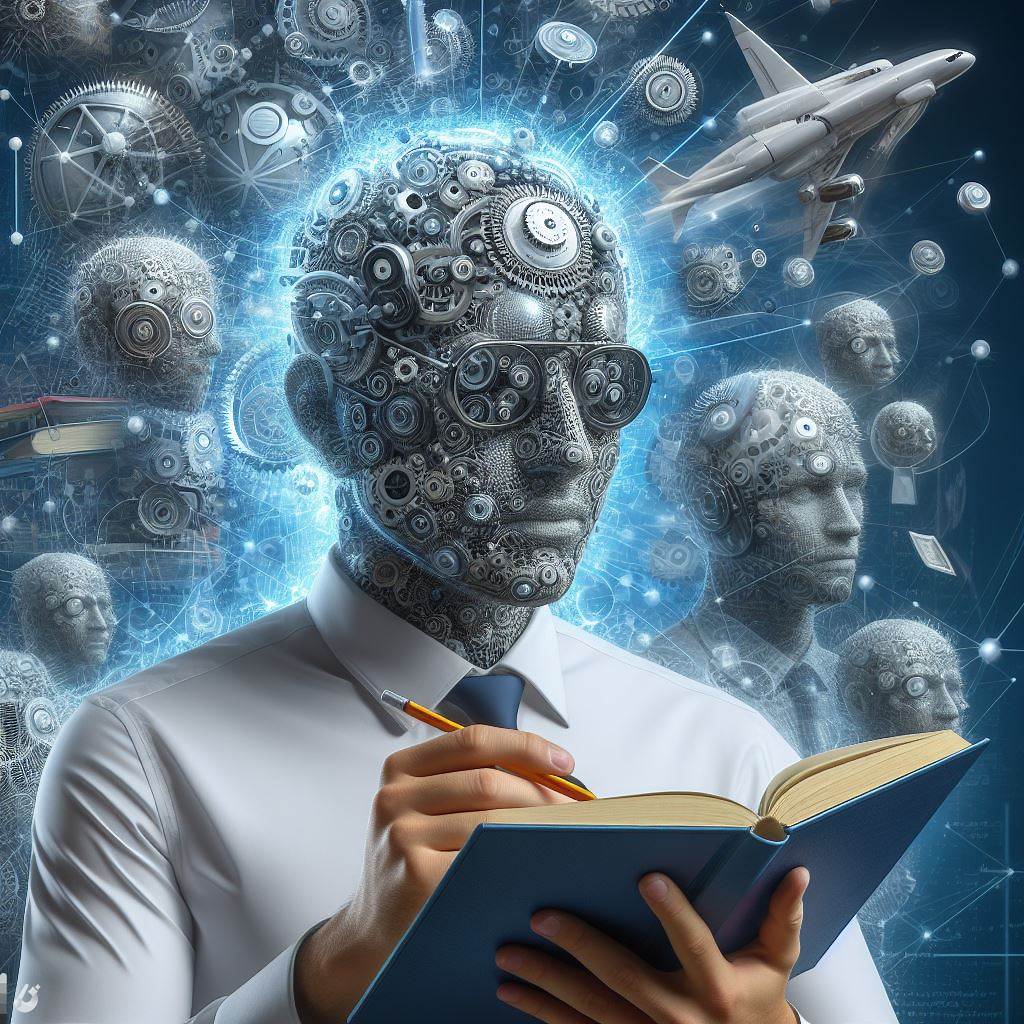
Large language models (LLMs) are transforming text production, demonstrating remarkable efficiency across various applications. An intriguing facet of their capability is the ability to mimic individual writing styles, essentially functioning as AI ghostwriters.
A recent study led by media informatics expert Fiona Draxler at LMU's Institute for Informatics delves into the complexities surrounding AI ghostwriting. Published in the journal ACM Transactions on Computer-Human Interaction, the research focuses on the human perspective rather than the legal aspects.
"When an LLM employs my writing style to generate a text, to what extent is it mine? Do I feel like I own the text? Do I claim that I am the author?" poses Draxler.
In an effort to answer these questions, researchers conducted an experiment involving participants tasked with composing a postcard. Some wrote it independently, while others received assistance from a personalized AI language model mimicking their writing style. Subsequently, participants were asked to publish the postcard and provide additional information, including the author and a title.
The results revealed a correlation between involvement in the writing process and perceived ownership. Professor Albrecht Schmidt, co-author of the study, notes, "The more involved participants were in writing the postcards, the more strongly they felt that the postcards were theirs." In essence, when participants crafted the text themselves, the perceived ownership was high, contrasting with lower ownership when the entire text was LLM-generated.
Interestingly, the study uncovered discrepancies between perceived ownership and declared authorship. Some participants attributed their name as the author, even when they neither wrote nor felt ownership of the text—a parallel to traditional ghostwriting practices.
Draxler emphasizes the implications of these findings in a society increasingly relying on AI text generation. "When the lack of transparent authorship declarations or bylines makes us doubt whether an AI contributed to writing a text, this can undermine its credibility and the readers' trust."
Conclusively, the study calls for the development of simple and intuitive methods for declaring individual contributions, aiming to enhance transparency and credibility in an era where distinguishing between human and AI contributions is paramount.